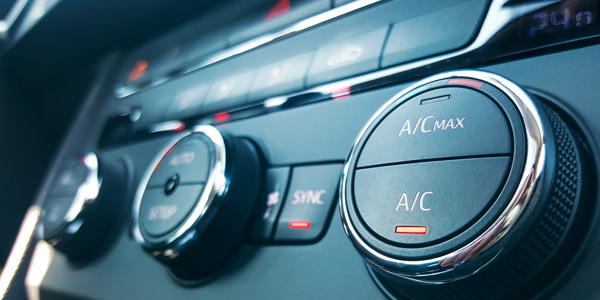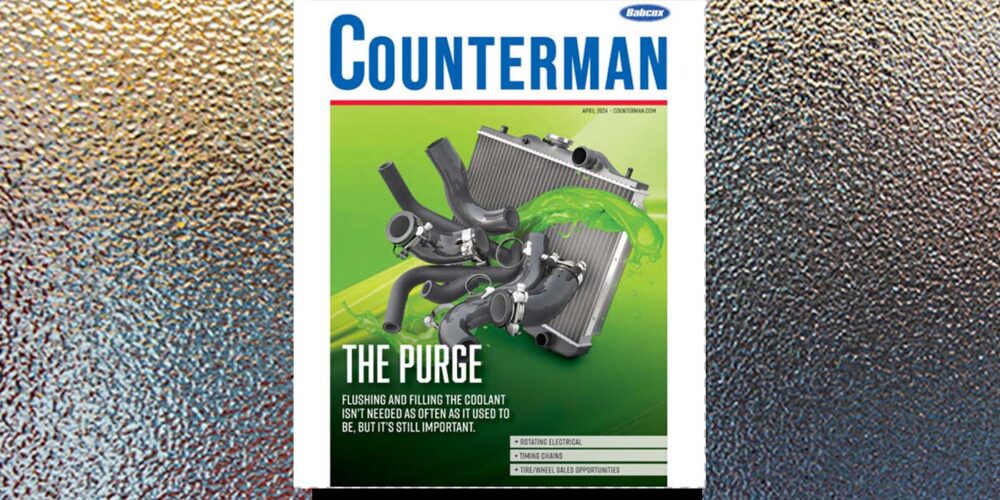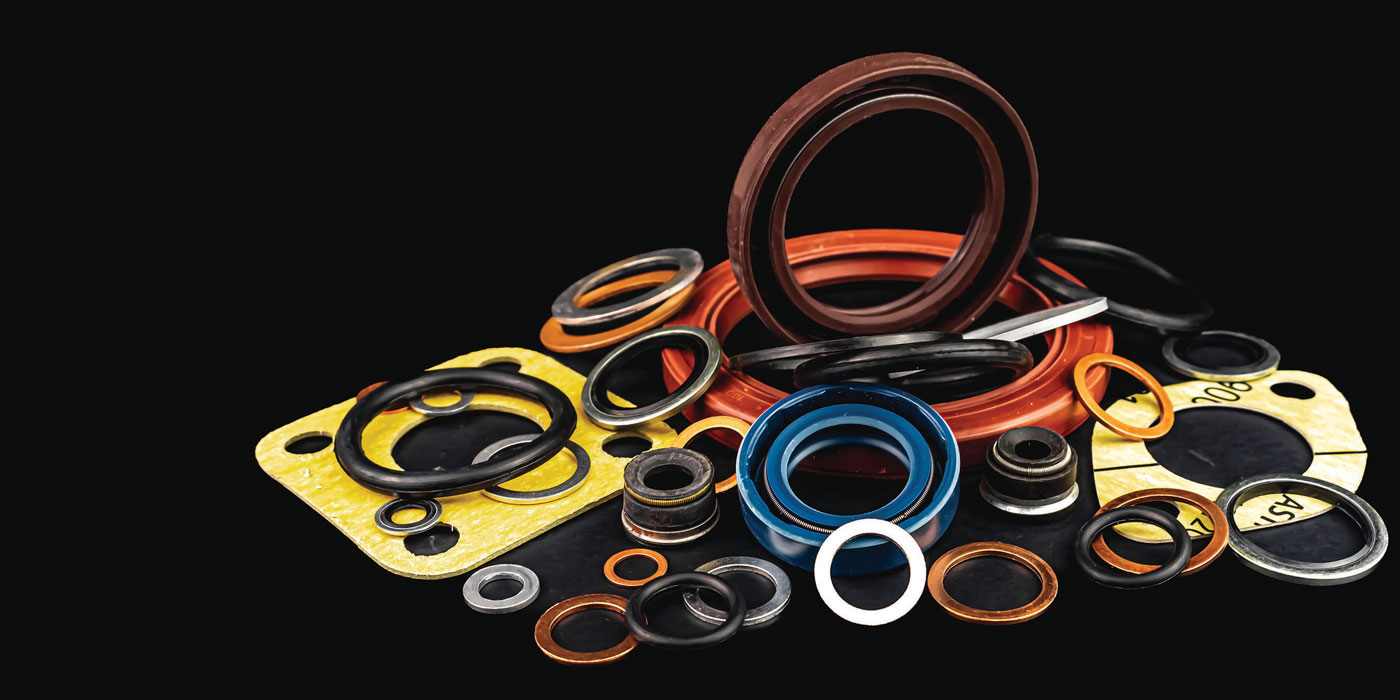
Imagine being stuck in traffic on a 90-degree day when your vehicle’s air conditioning malfunctions. With summer heating up, the Car Care Council recommends that motorists have their A/C system checked to make sure it’s working properly.
“As the weather turns warmer, the last thing anyone wants to be is hot under the collar in their vehicle when they are driving to work or on a family vacation,” said Rich White, executive director of the Car Care Council. “Making sure your A/C system is working properly will keep you and your passengers cool and safe, making it a very enjoyable summer on the road.”
A vehicle’s heating, ventilation and air-conditioning system (HVAC) keeps the interior cabin comfortable in any season by providing the right temperature and humidity level. Typical A/C service by a professional service technician consists of the following steps:
- The service technician visually inspects hoses, lines, seals and other components for leaks and inspects the drive belt for cracks or damage.
- The technician checks pressure to test operation, refrigerant charge and outlet temperatures.
- If the system is found to be low on refrigerant, the technician will perform a leak test to find the source of the leak. Leaking refrigerant heats up a vehicle and damages the ozone layer.
- The tech might add refrigerant, if necessary, to “top off” the system. However, some states don’t allow topping off.
- A technician might check for evidence of refrigerant cross-contamination.
- A/C service also should include a check of the compressor’s drive belt and tension.
When having a vehicle’s HVAC system inspected, the Car Care Council recommends having the cabin air filter checked as well to ensure that air flowing properly into the car.







